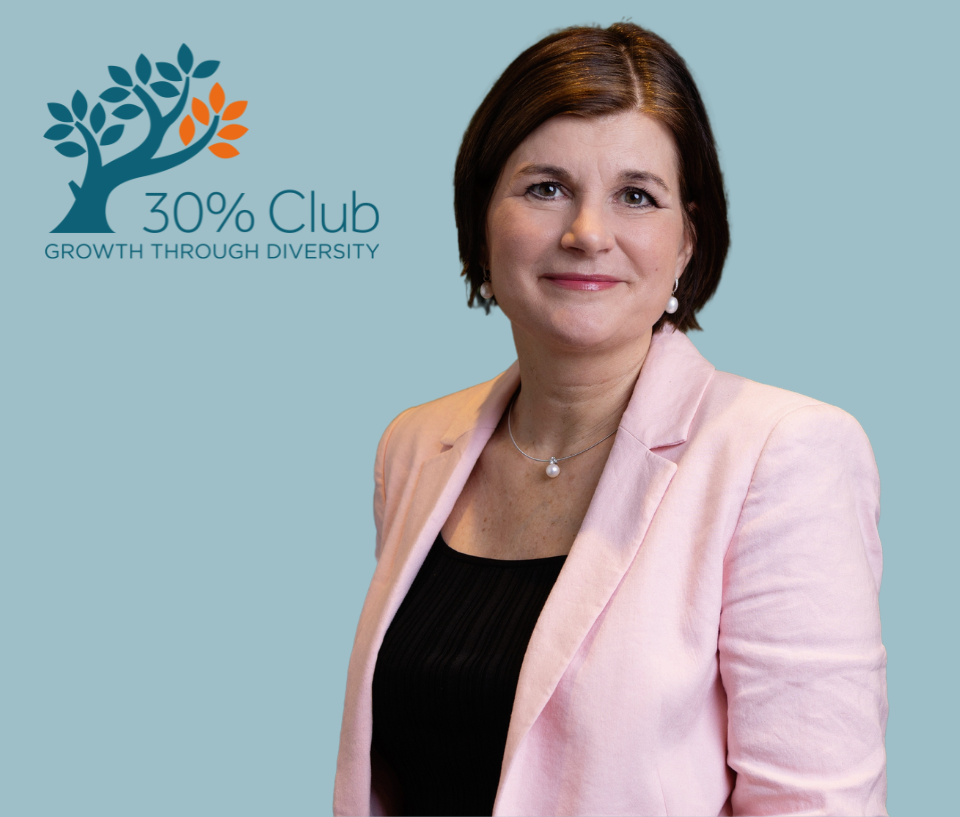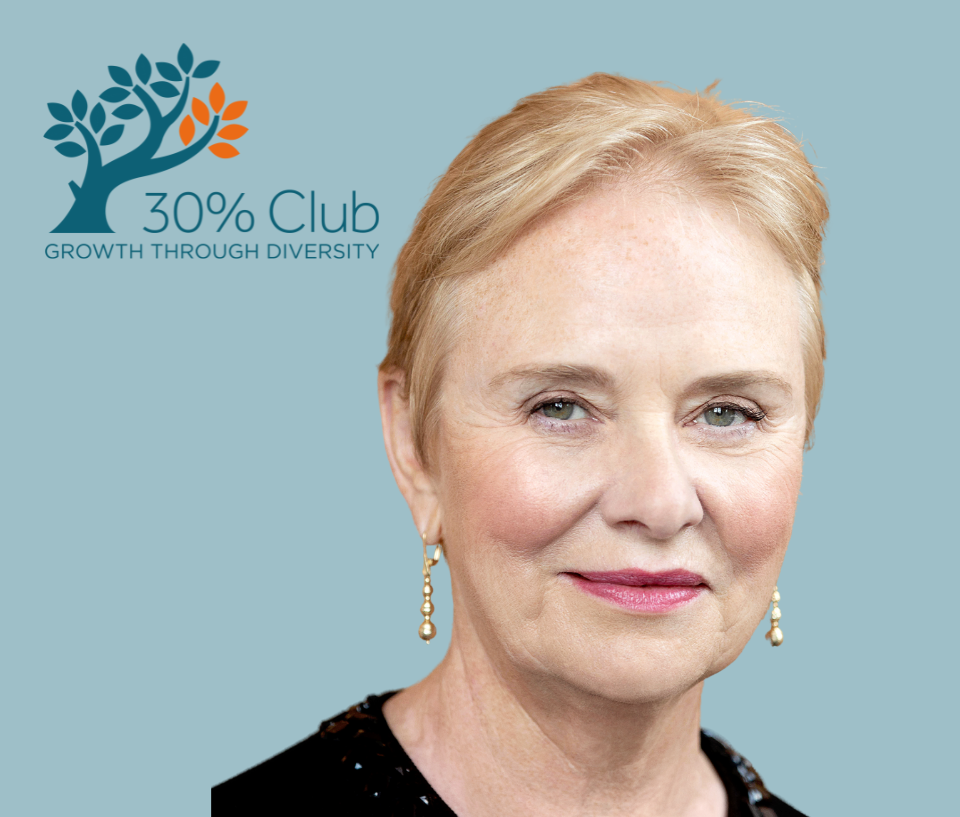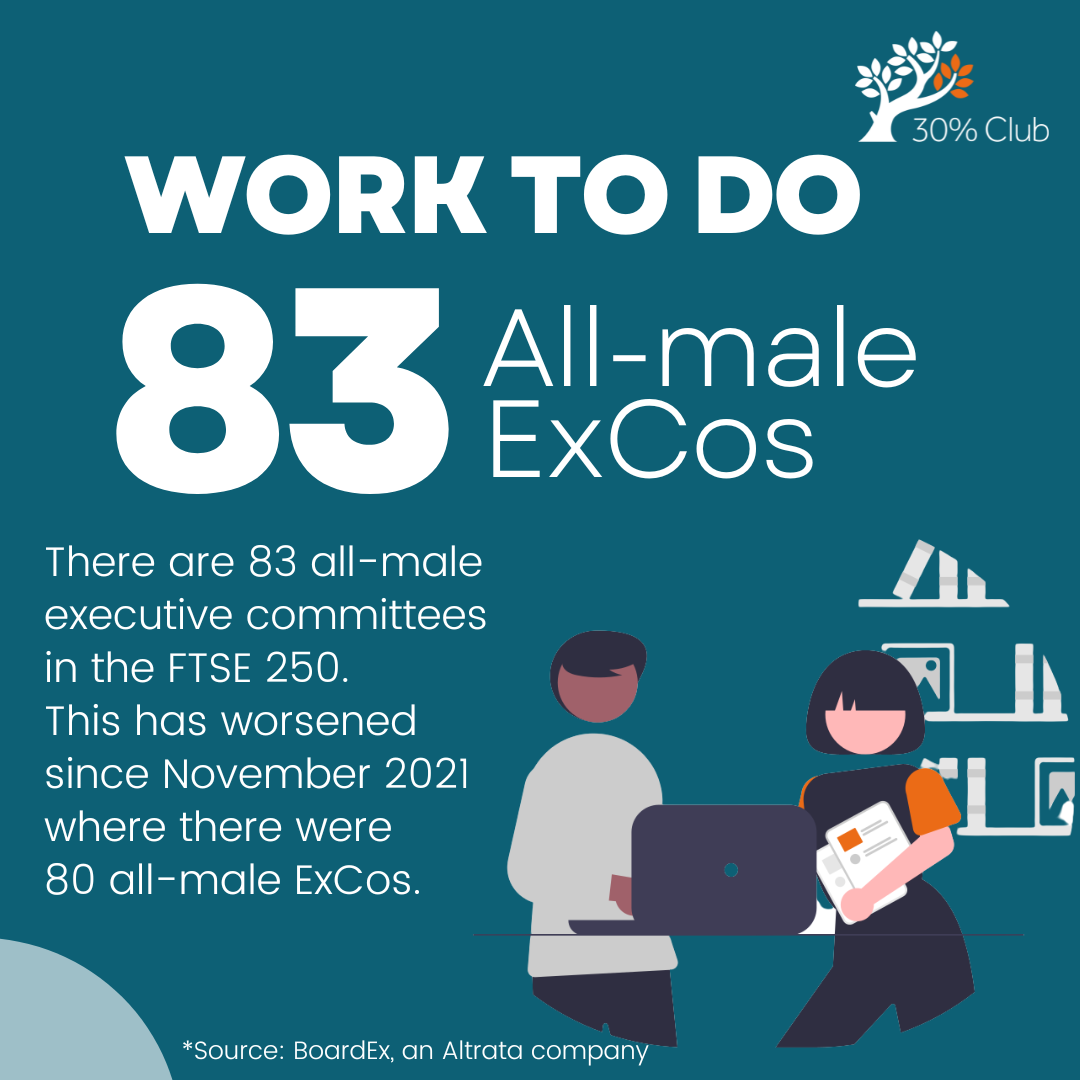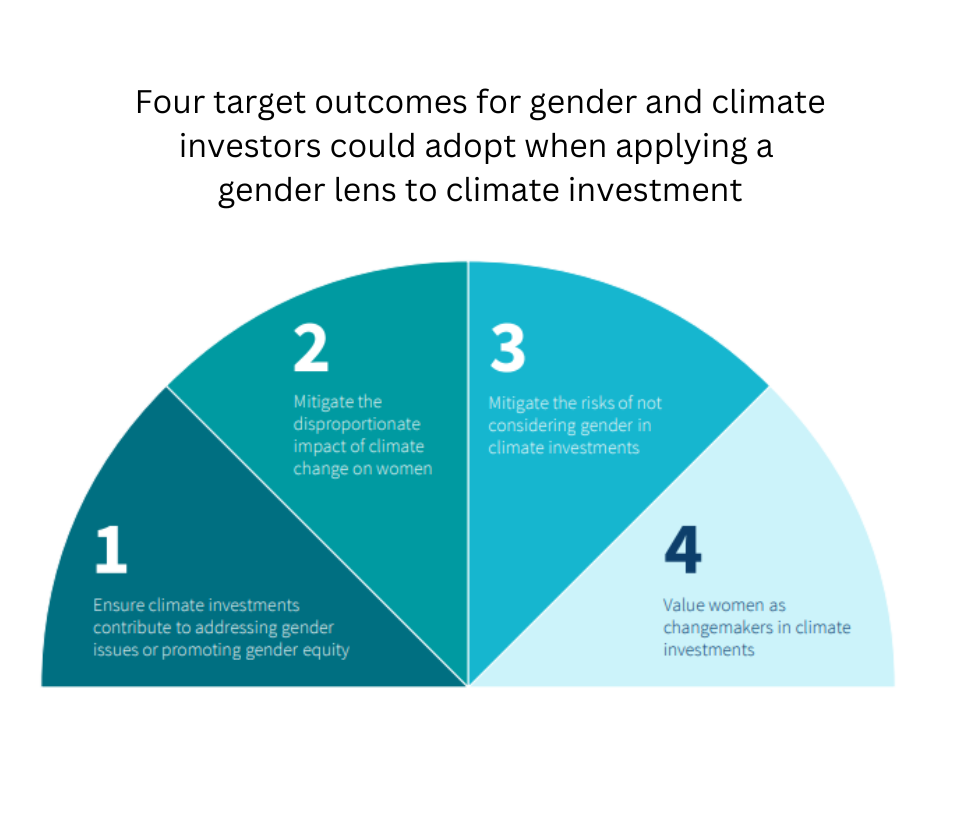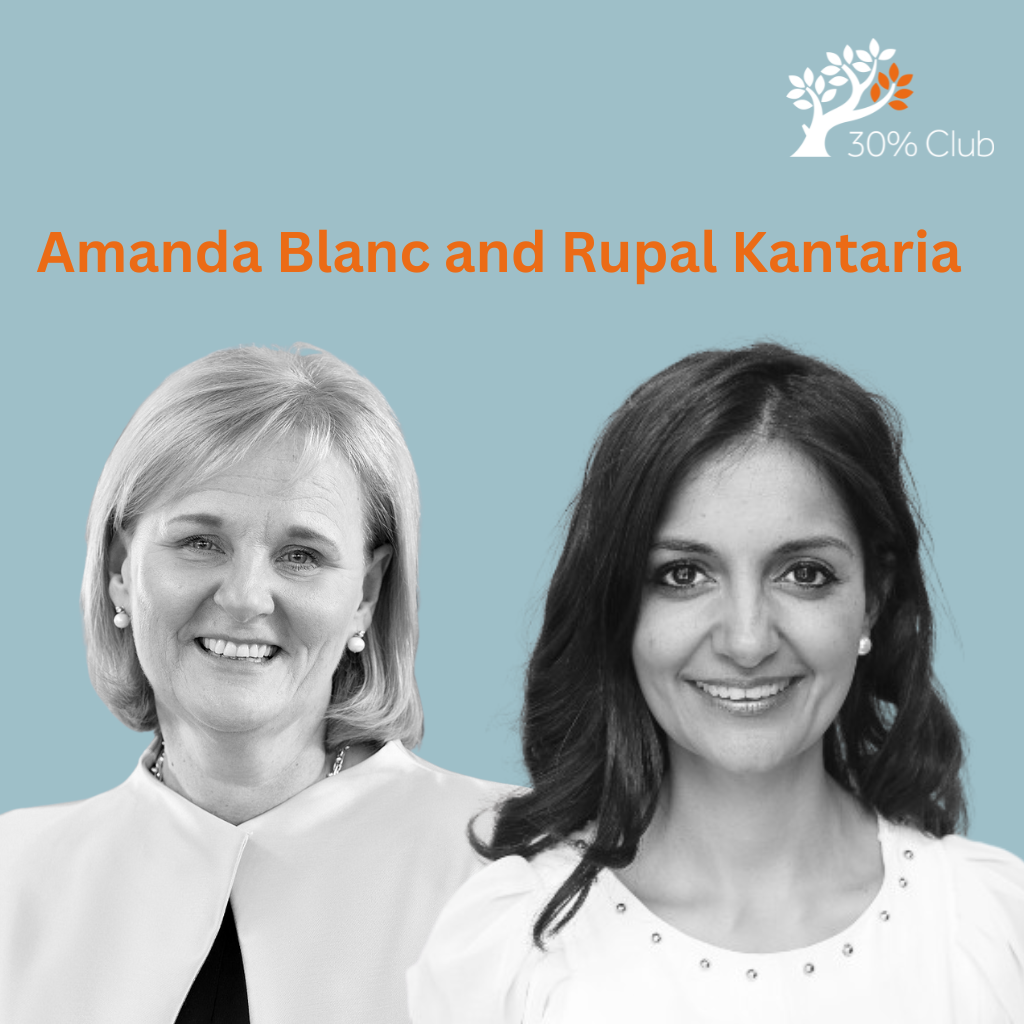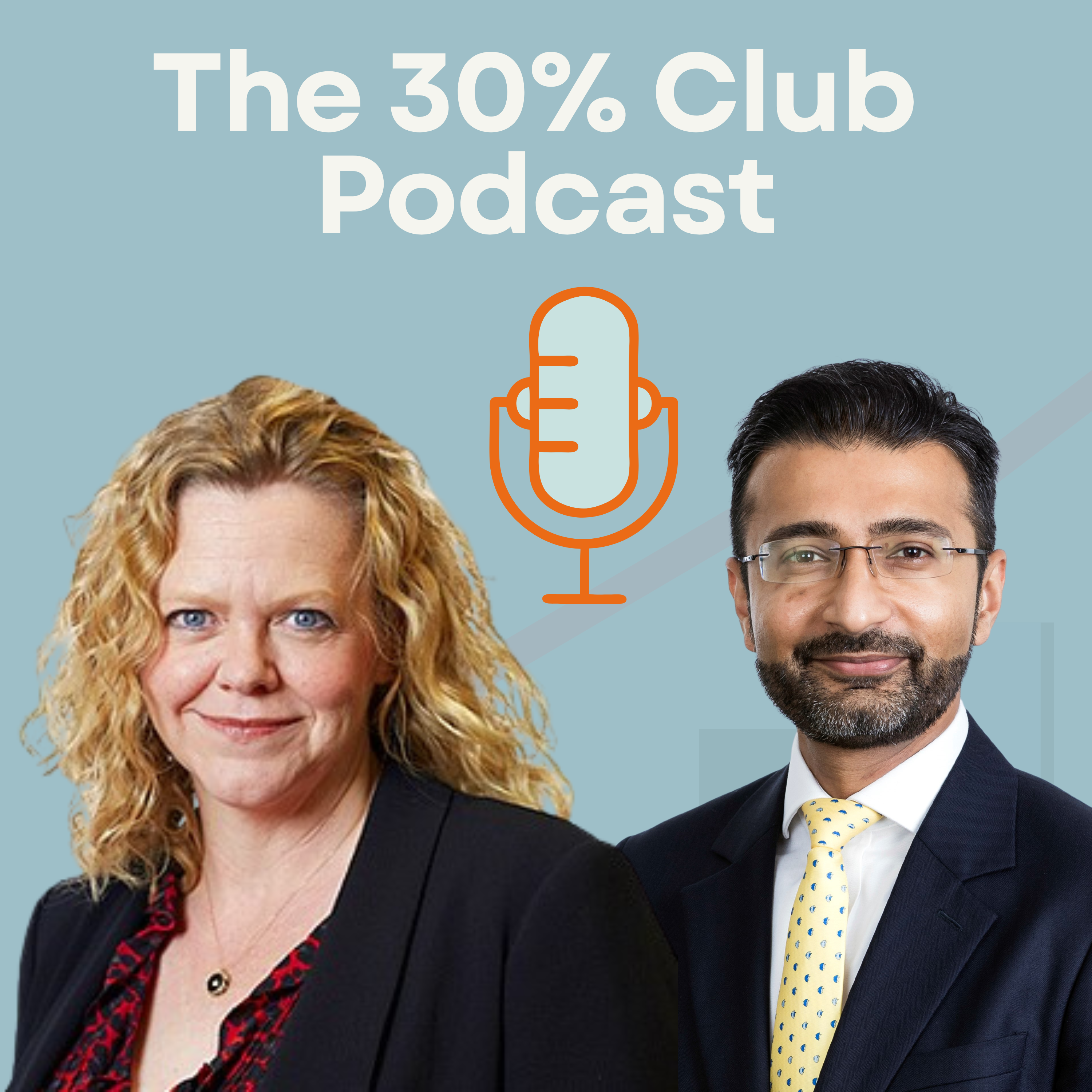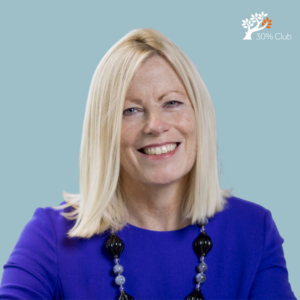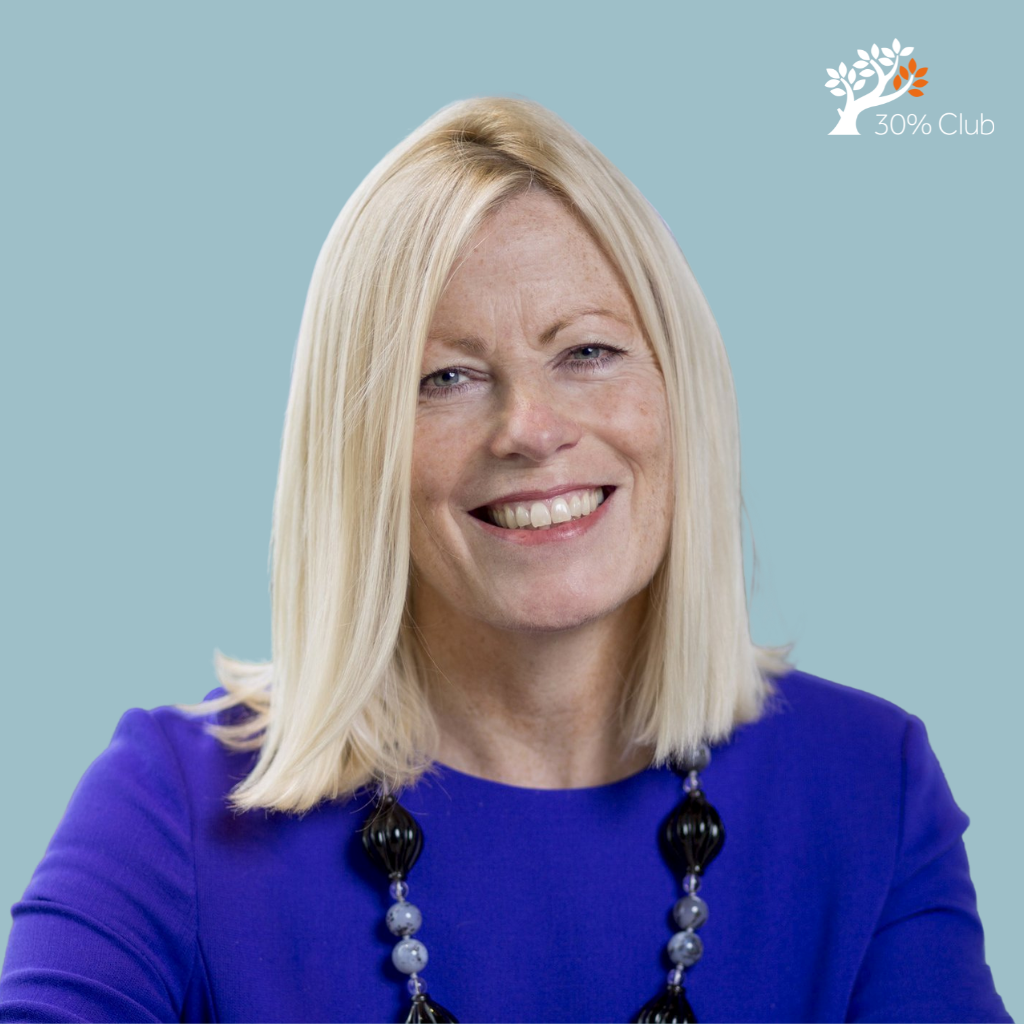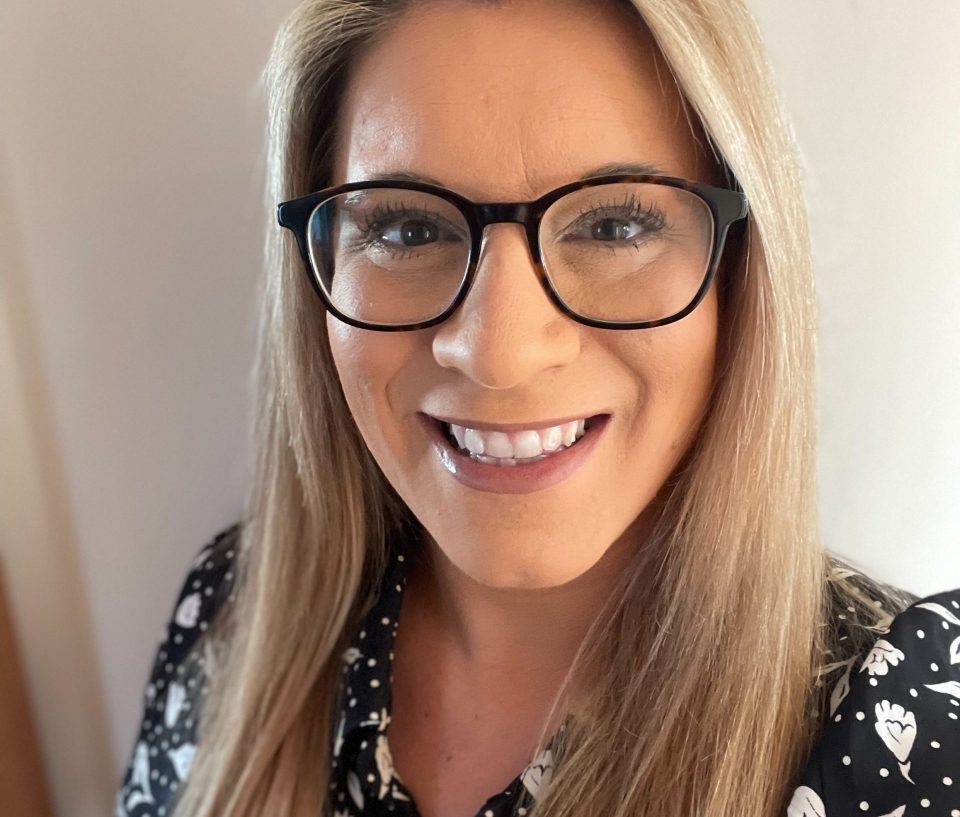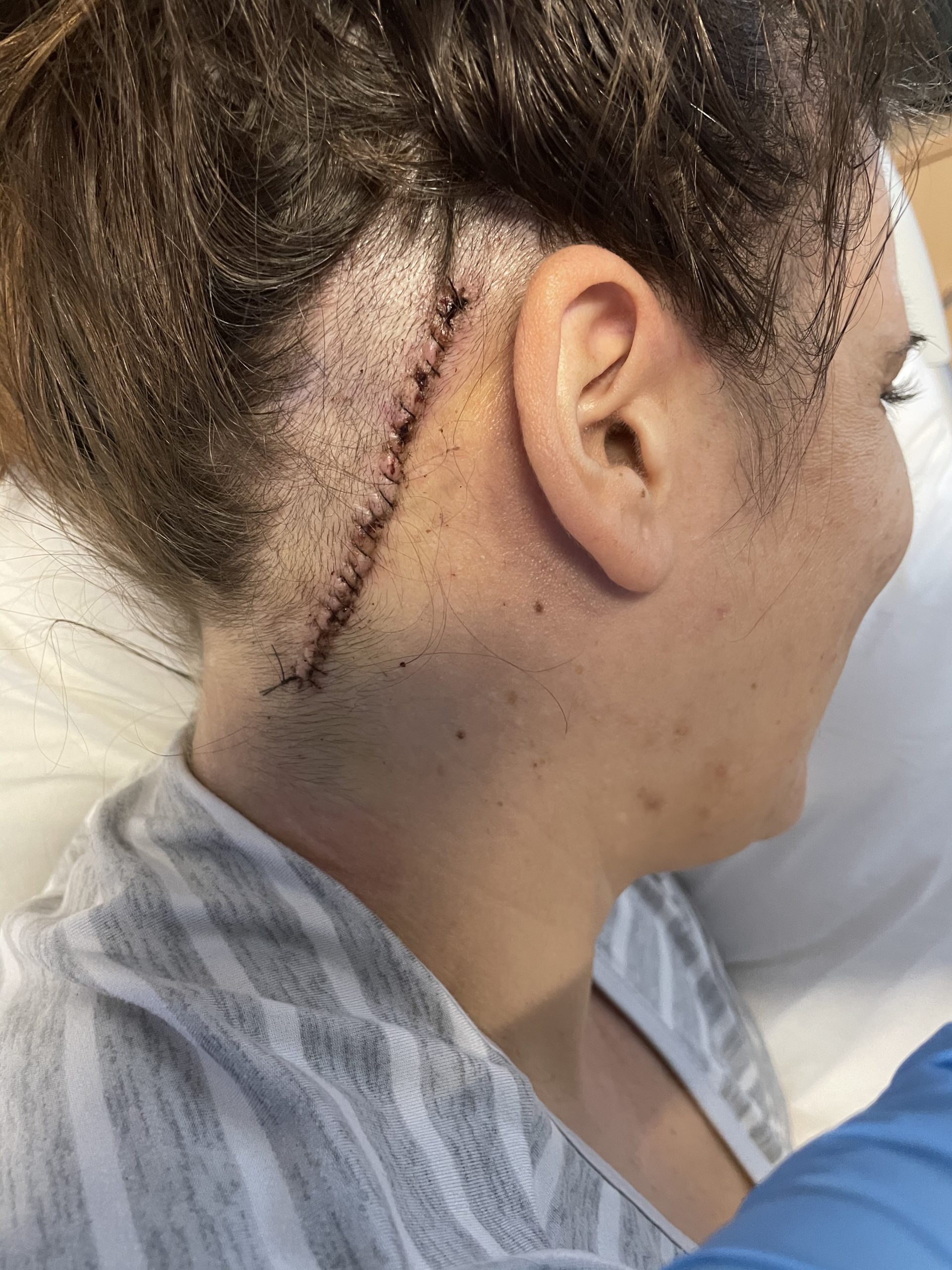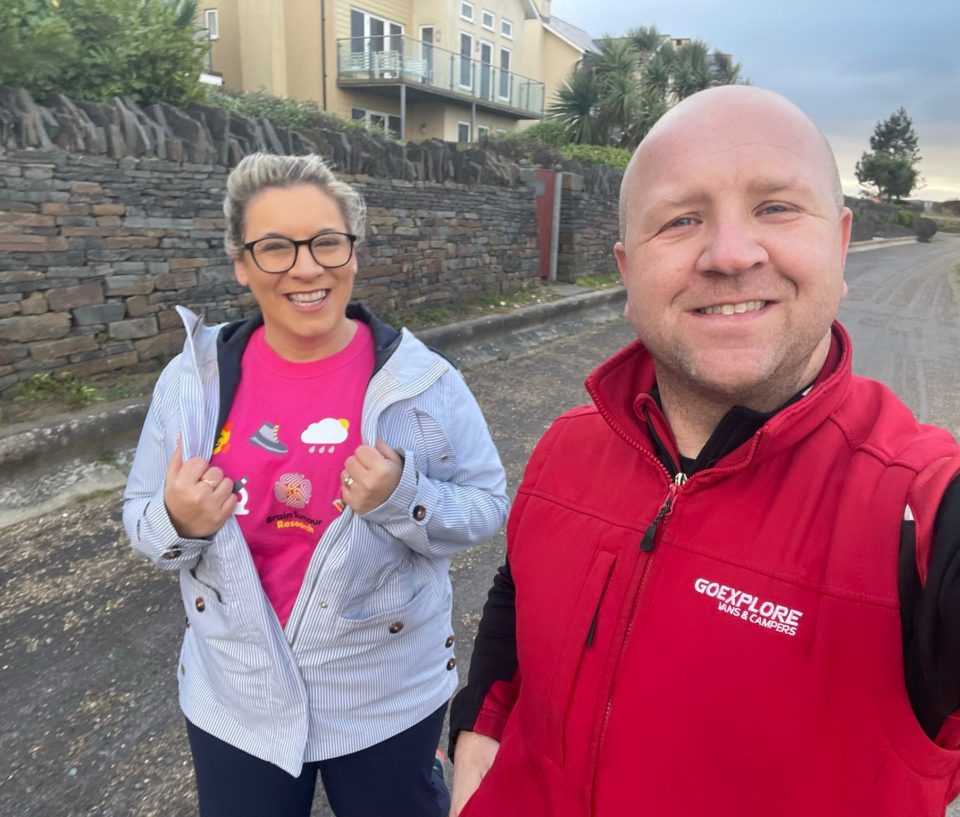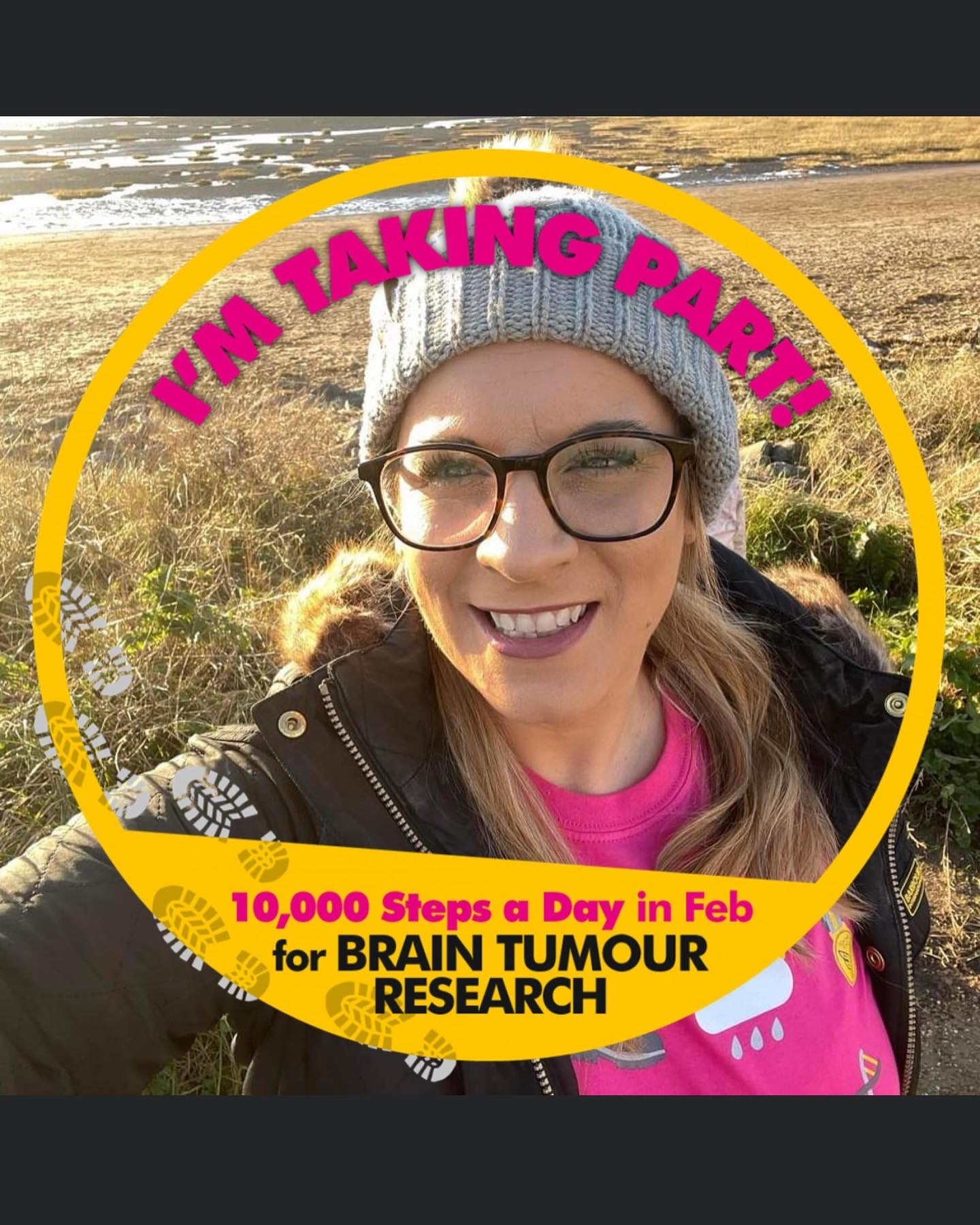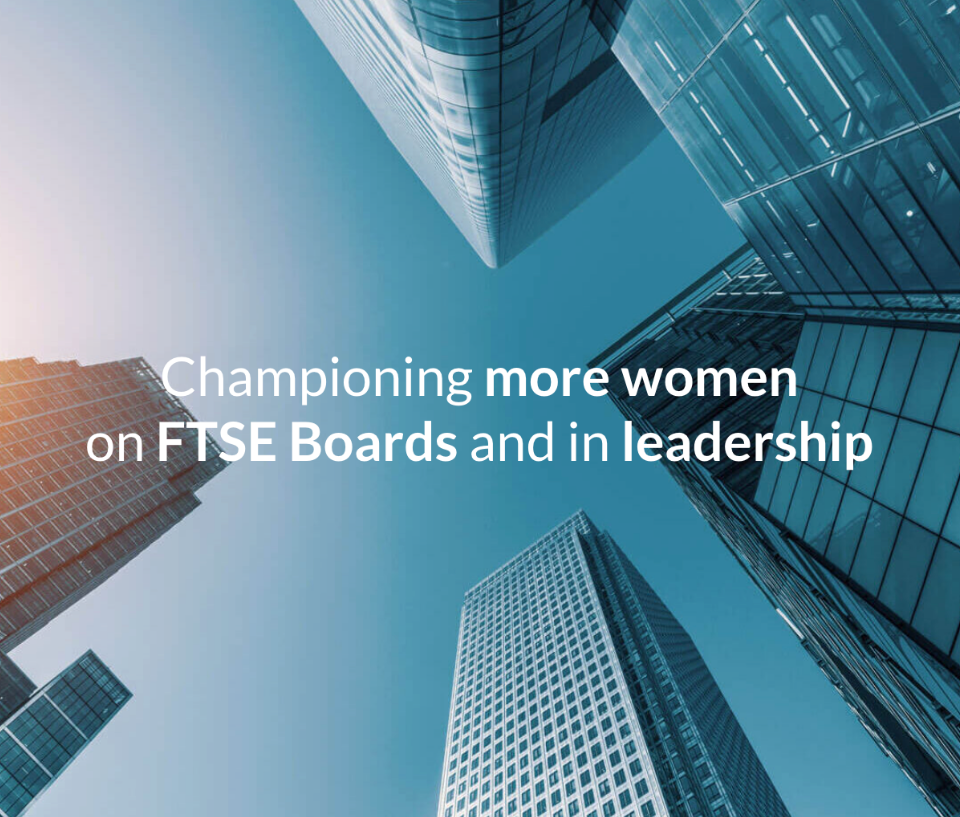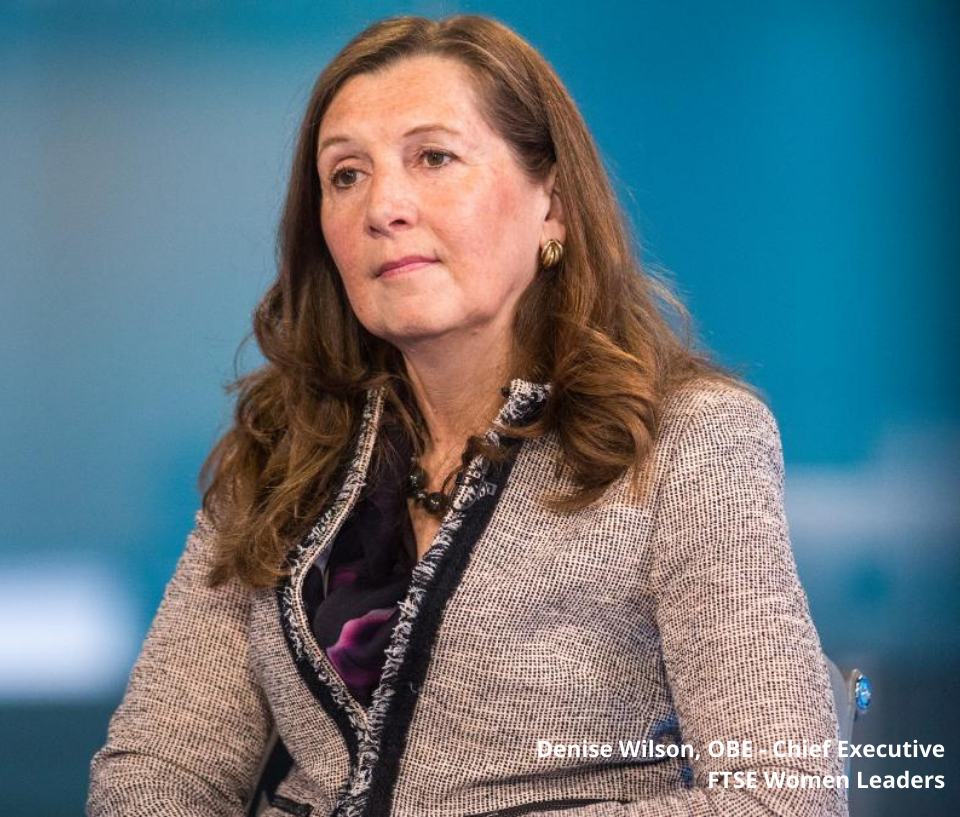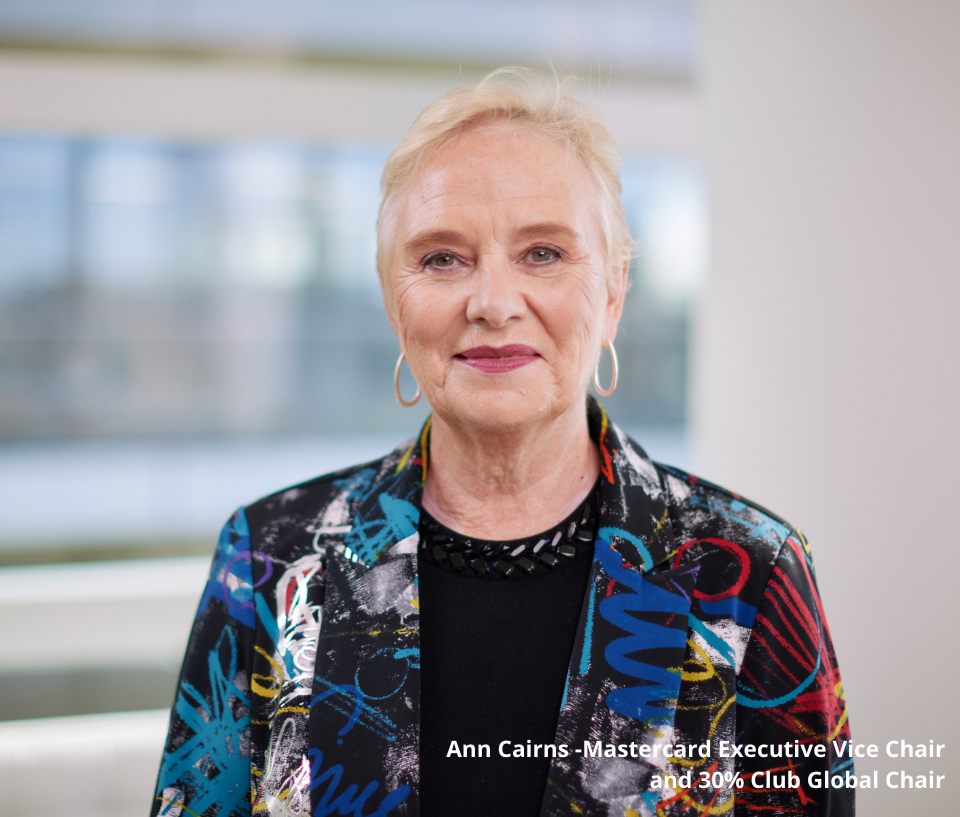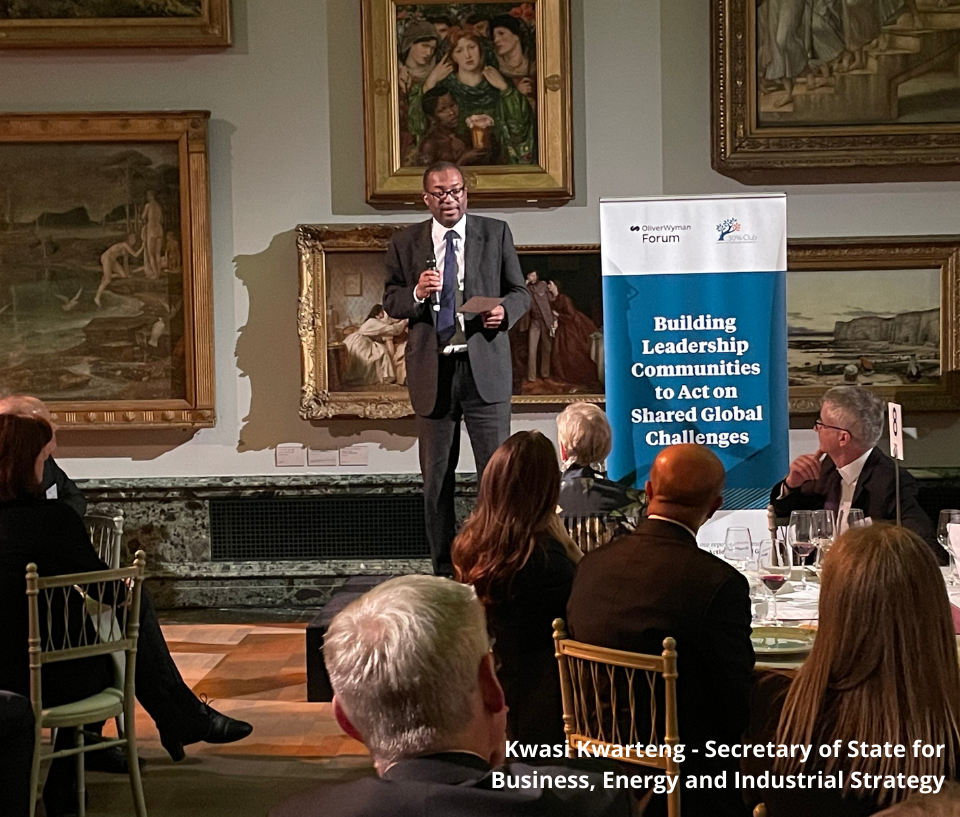
Australia’s top 20 ranked companies made history this quarter (Q2 2023) achieving an aggregate 40 per cent women on their boards.
This success reflects the long-term efforts of chairs, boards, regulators, investors, executive search firms and campaigns like the 30% Club Australia that have ensured continued stakeholder scrutiny of appointments to listed boards.
Of course, the aggregate figures do not tell the whole story. Across the 759 directorships currently held by women in the ASX 300, an overwhelming number are non-executive directors (685) while just 37 are executive or managing directors including CEOs, and only 37 are chairs.
Read the full report to find out more about Australia’s progress toward gender equality in business leadership and 30% Club Australia’s work here.
Where we are
The 30% Club has come a long way from when it was set up in the UK in 2010.We now span six continents and more than 20 countries. We’re actively expanding into more G20 countries


